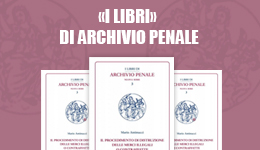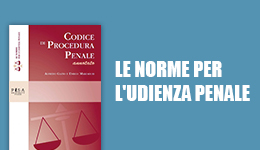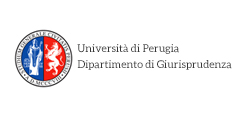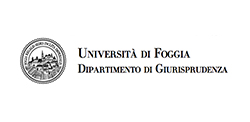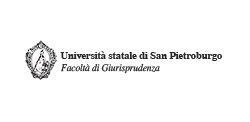Abuso d’ufficio ed eccesso di potere: “fine di un amore tormentato”?
Archivio Penale
© dell'autore 2021
Ricevuto: 03 November 2021
| Accettato: 12 November 2021
| Pubblicato: 15 November 2021
L’intero articolo è disponibile
Riassunto
L’autore ripercorre le linee di politica criminale che hanno condotto il legislatore a modificare muovamente, nel 2020, l’art. 323, dimostrando come anche la riforma del 1997 abbia fallito nel tentativo di non rendere sindacabile l’eccesso di potere da parte del giudice penale. A differenza dei precedenti tentativi falliti, questa volta, con una formulazione legislativa sovrabbondante, il legislatore pare sia riuscito nel suo intento dal momento che sono venuti meno quegli appigli normativi (ad esempio il richiamo a norme generali e di principio che consentivano un controllo del giudice penale sulle scelte del pubblico agente. L’aver specificato che le regole di condotta violate non devono consentire margini di dicrezionalità da una parte riconferma l’intento parzialmente abolitrice del legislatore, dall’altra fa sorgere l’interrogativo sulla utilità di mantenere nel sistema una fattispecie penale scarsamente utile a punire fenomeni di “mala gestio”amministrativa.
The abuse of office and the misuse of powers: “the end of a tormented love”?
The author retraces the lines of criminal policy which led the Italian legislator to modify again, in the year 2020, the article 323 of the Italian criminal code, showing that also the 1997 reform failed the attempt to make the misuse of powers unobjectionable by the criminal judge. Unlike the previous failed attempts, this time the Italian legislator seems to have succeeded in his intention thanks to an overabundant law formulation, and this is demonstrated by the disappearance of all regulations that allowed the criminal judge to control the choices of the public agent (e.g., the reference to general and fundamental rules). The specification that the violated rules of conduct must not allow a room for discretion, on one hand demonstrates the will to implement a partial abolition by the Italian legislator and, on the other hand raised the question about the usefulness to keep in the system a criminal offence, which is hardly useful to punish the administrative “mala gestio” phenomena.
Percorso di valutazione
Peer reviewed. Certificazione della qualità


